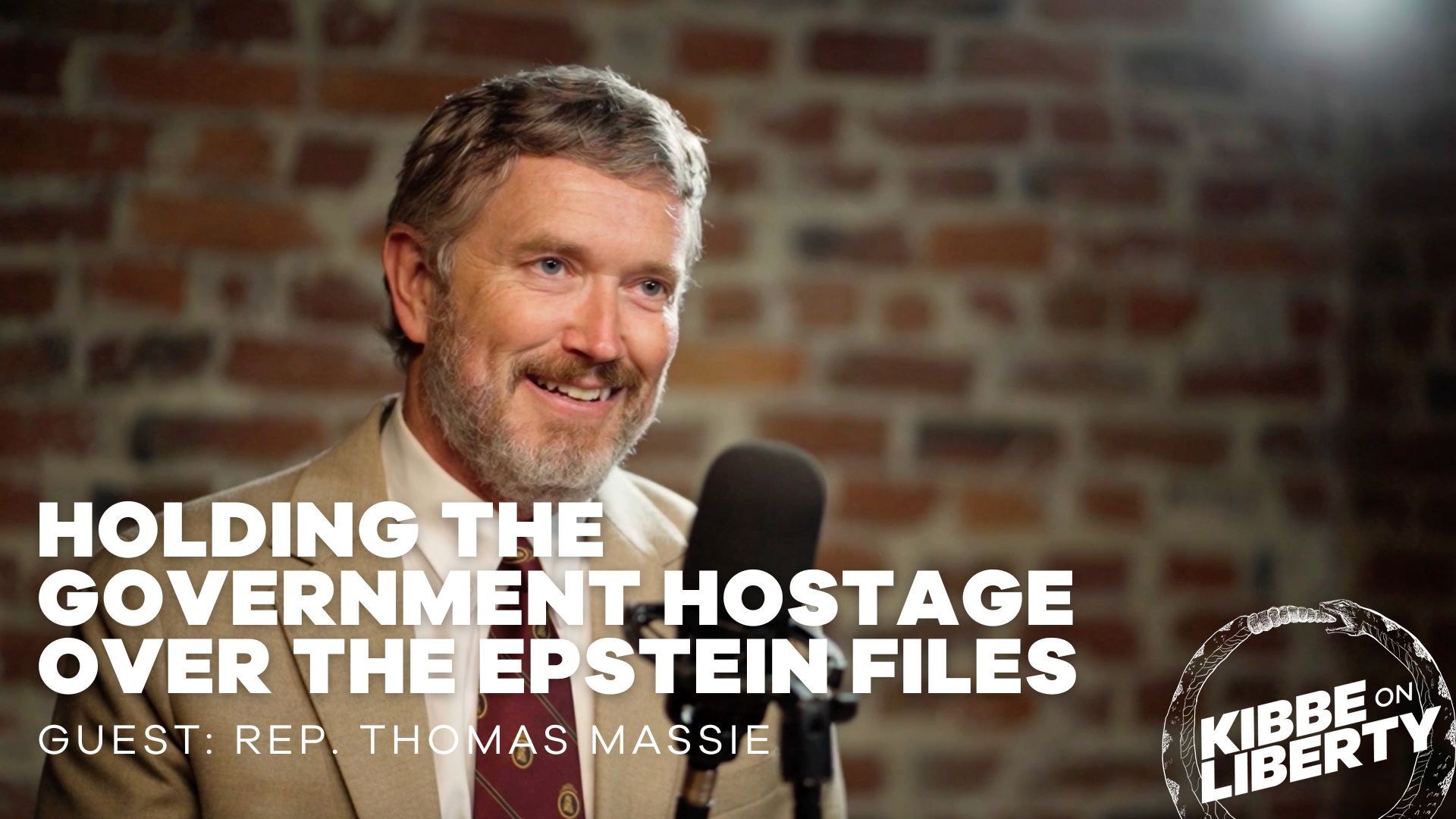
Is Qualified Immunity Unlawful?
In the second round of presidential debates last week, Democratic candidate Julian Castro brought up a term that hasn’t gotten a lot of attention: qualified immunity. The former housing secretary argued on stage and in his People First Policing initiative that police shouldn’t be able to hide behind special protections and ought to be held more accountable for their actions. His policy, therefore, advocates that we “reform and restrict qualified immunity under section 1983 for law enforcement.” He’s correct that police need accountability—but his policy proposal doesn’t go far enough. Qualified immunity must be abolished.
What is qualified immunity, and why is it an important provision to highlight?
Well, simply put, the people put in charge of keeping us safe aren’t always good at it. Although the vast majority of officials are people of integrity, too many police and prison guards abuse their power in terrible ways. As it stands, there’s no end in sight to the potential of abuse, because officials are quite literally protected from the law by this provision. Allow me to explain how we got here.
Congress had the right idea almost 150 years ago. It established U.S. code section 1983 as part of the Civil Rights Act of 1871, hoping to protect individuals from abuse by local or state police forces—particularly African Americans during Reconstruction. According to section 1983, any state official who violates another citizen’s rights “shall be liable to the party injured in an action at law.” It provided a way for people whose rights were violated to seek justice.
But then the Supreme Court intervened in 1982. Through an invention of law, the court ruled that officials could claim “qualified immunity” as a defense in cases brought against them. It sounds fair, but it wasn’t—and it still isn’t.
Essentially, this legal provision dismisses the protections offered to citizens under section 1983, stating that a trial may only proceed if the plaintiff can show that her rights were violated according to a “clearly established” law or statute.
In other words, it’s not enough to demonstrate that your rights were violated. You must also show a previous case in which another person’s rights were violated in a similar way.
To better understand how this immunity operates, consider a recent case brought to the 11th Circuit U.S. Court of Appeals this year.
Michael Vickers, a deputy sheriff in Georgia, had chased a criminal onto private property, when he and his deputies encountered children playing in their mother’s yard. The officers ordered—at gunpoint—the children to lay on the ground, but Vickers wound up accidentally shooting one of them in the knee.
The family brought charges against officer Vickers, but the court dismissed the case saying: “[b]ecause Vickers’s actions did not violate any clearly established rights, we conclude that he is entitled to qualified immunity.”
On this catch-22, Cato analysts Clark Neily and Jay Schweikert write:
“That standard is incredibly difficult for civil rights plaintiffs to overcome, because the courts have required not just a clear legal rule, but a prior case on the books with functionally identical facts.”
Because of this, it’s not uncommon for courts to acknowledge a violation of rights and yet still proceed to shield officials from paying for damages. It’s a bizarre standard to hold for one segment of the population and not others. Of course, if an ordinary citizen were to violate the law, they would be offered no such protection.
If the Supreme Court were to take this case or another case that raises this same issue, it could change the law and do away with qualified immunity. William Baude, a professor at the University of Chicago School of Law, considers this in a 2017 working paper “Is Qualified Immunity Unlawful?” Baude describes three arguments historically provided as a defense of qualified immunity, and the lack of legal basis it ultimately has:
“One is that it derives from a common law “good faith” defense; another is that it compensates for an earlier putative mistake in broadening the statute; the third is that it provides “fair warning” to government officials, akin to the rule of lenity… There was no such defense; there was no such mistake; lenity ought not apply.
The practical issues with the case outlined and the concept of ‘qualified immunity’ are, of course, that there’s no incentive to ensure proper police conduct. Qualified immunity merely creates a standard that favors state officials. This shielding of select individuals from liability only protects the bad actors and fails to protect citizens.
It doesn’t have to be this way. By abolishing this provision, we can finally hold authorities accountable and protect ourselves. Castro’s proposal is notable for its being the first of its kind to bring to light qualified immunity, and in this regard it is a step in the right direction. However, more must be done.
Until we abolish qualified immunity, we give up our section 1983 protection and are at risk of our rights being violated without remedy, and our communities being policed and governed by unchallengeable officials.
Free the People publishes opinion-based articles from contributing writers. The opinions and ideas expressed do not always reflect the opinions and ideas that Free the People endorses. We believe in free speech, and in providing a platform for open dialogue. Feel free to leave a comment.




A
This is why the victims of police who unlawful arrests and abuse get shot in the street.